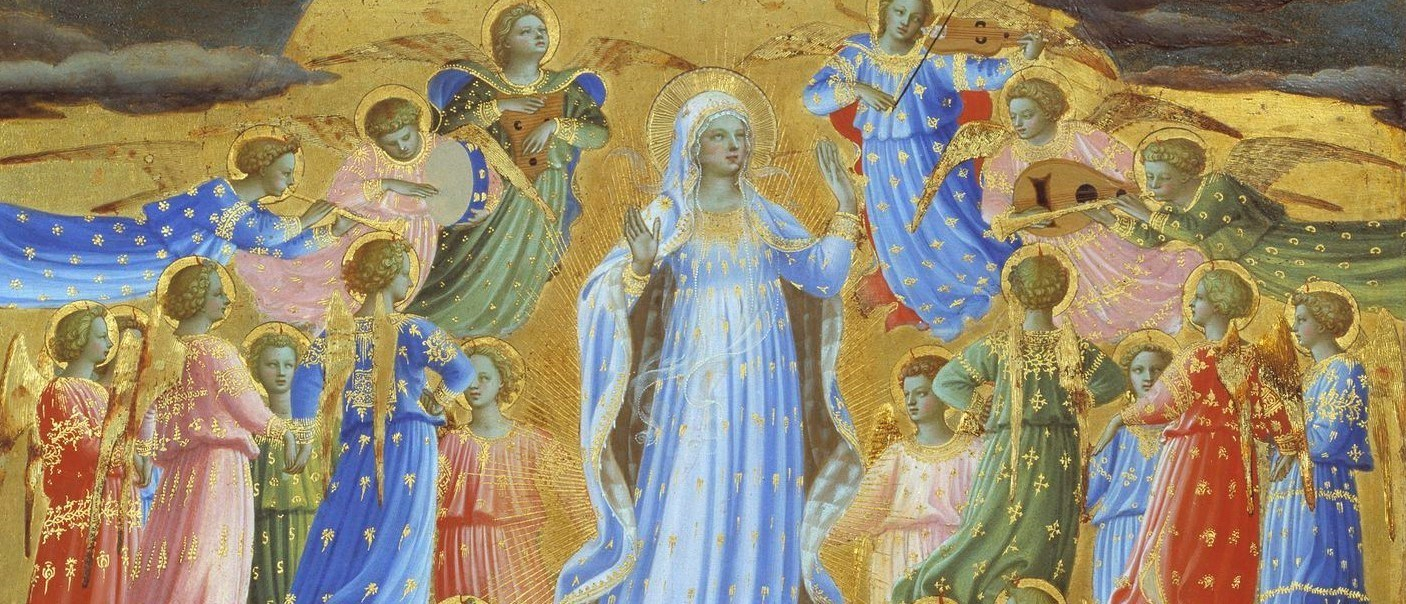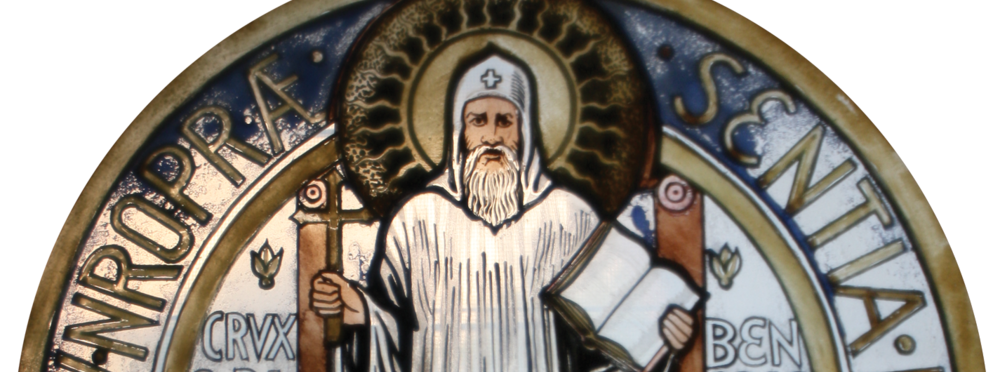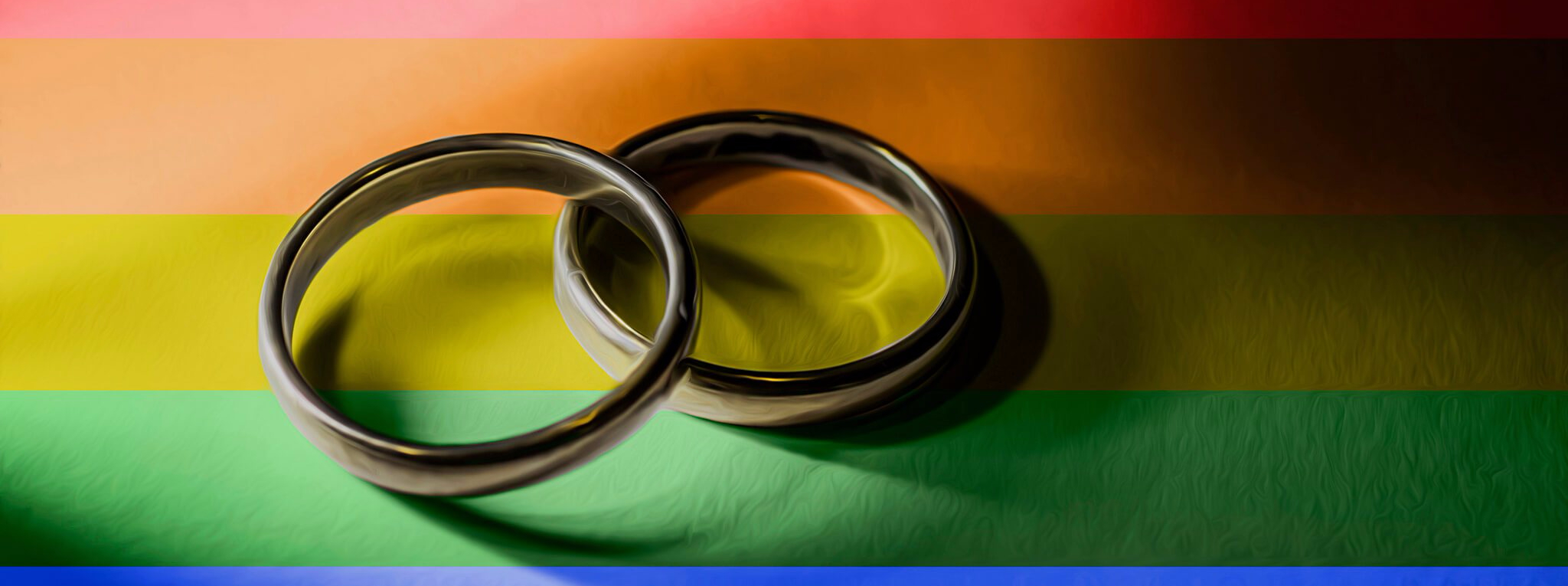When I started this blog fifteen years ago, I had just been getting used to a new concept that, for me, felt like it not only made everything I knew and believed cohere together as never before, but also gave me an almost mystically altered perspective on reality. The idea of everything being part of one huge all-encompassing narrative, a meandering yet structured story, changed the way I thought of history, philosophy, and theology. Since then, in the intervening years, I’ve been growing more and more convinced and convicted about an extremely important aspect of our one world story, and I’ve been wanting to get my thoughts about it written down. My thoughts are of course really other peoples’ thoughts, which I’ve read and listened to and digested and weighed internally against everything else that’s in my mind and heart, and finally assented to and owned, I hope with logic and humility, to make them my own.
The problem of evil in Creation is the most reasonable challenge to Christianity and its doctrine that God is all-Good, all-Knowing, and all-Powerful. If God is each of those, then why do evil things happen and creatures experience pain? No doubt some of the pain we all experience is the result of our own actions—pains which we’ve brought upon ourselves. But not every evil visited upon us is our own doing.
Continue reading







































